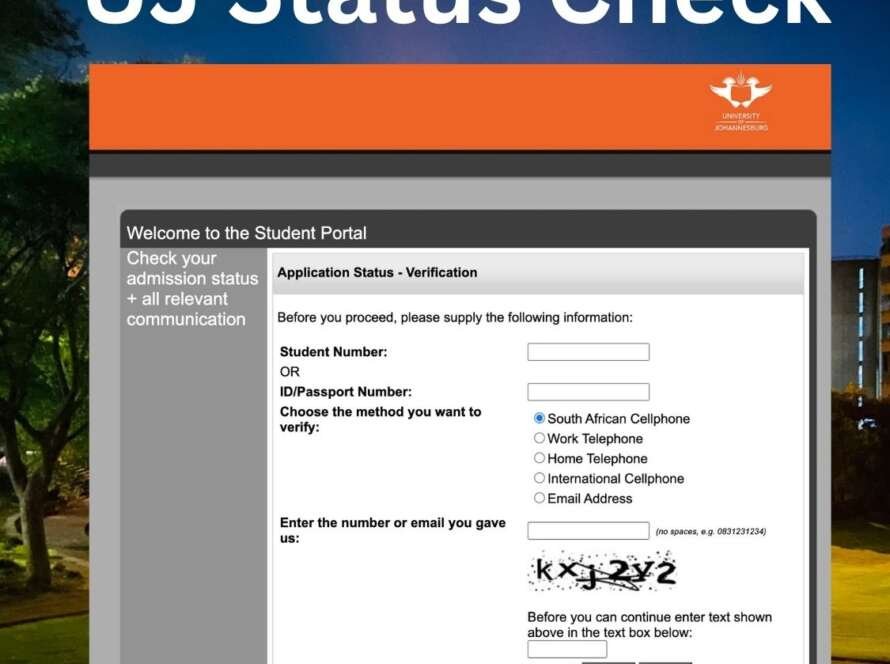What are the business intelligence tools that can be used to monitor the suppliers performance against business objectives other than just price?
Title: “Beyond Price: Utilizing Business Intelligence Tools for Holistic Supplier Performance Monitoring”
The business intelligence tools to monitor the supplier’s performance against business objectives other than just price
Monitoring supplier performance is a key aspect of supply chain management and can have a significant impact on an organization’s overall effectiveness and profitability. While price is a fundamental element of supplier performance, there are many other factors to consider such as quality, reliability, flexibility, and service. This article will discuss various Business Intelligence (BI) tools that can assist businesses in evaluating these aspects of supplier performance against their business objectives.
- Enterprise Resource Planning (ERP) Systems: ERP systems, such as SAP and Oracle, offer comprehensive solutions for managing business operations, including supplier performance. These systems can track various metrics beyond price, such as delivery time, order accuracy, and responsiveness. Detailed reports can be generated to identify trends and make strategic decisions.
- Customer Relationship Management (CRM) Tools: CRM tools, such as Salesforce, are not only useful for managing customer relationships but can also be adapted to monitor supplier interactions. CRMs can track communications with suppliers, provide reminders for contract renewals or negotiations, and monitor adherence to service level agreements.
- Data Visualization Tools: Tools like Tableau, Power BI, and QlikView can transform complex data sets into easily digestible visuals. These tools can display data from multiple sources to provide a holistic view of supplier performance, facilitating more informed decision-making.
- Supply Chain Management (SCM) Software: Specialized SCM software such as Infor Nexus and JDA Supply Chain, are designed to manage and optimize supply chain performance. These tools offer robust analytics capabilities, including supplier scorecards that measure key performance indicators (KPIs) beyond just cost.
- Predictive Analytics Tools: Predictive analytics tools use machine learning and AI to analyze historical data and forecast future outcomes. Tools like IBM SPSS Modeler and RapidMiner can help predict supplier risks and potential performance issues, enabling proactive management and planning.
- Supplier Relationship Management (SRM) Systems: SRM systems like SAP SRM and Jaggaer specifically focus on managing supplier relationships. They track a wide range of supplier-related data, including quality metrics, compliance records, and innovation contributions, providing a comprehensive overview of supplier performance.
- Cloud-based Procurement Software: Platforms like Coupa, Tradeshift, and Ivalua provide end-to-end procurement solutions, which can assist in monitoring various aspects of supplier performance. These tools provide real-time data and insights, facilitating continuous tracking and improvement of supplier relationships.
Video: What is Business Intelligence?
To gain a comprehensive view of supplier performance, businesses should consider the utilization of various business intelligence tools that can analyze and report on a range of performance metrics. By leveraging these tools, companies can make data-driven decisions that align supplier performance with their broader business objectives, ensuring a strong, resilient, and high-performing supply chain. The proper use of these tools goes beyond simply assessing price, focusing instead on a holistic evaluation of supplier contributions to business success.what are the business intelligence tools that can be used to monitor the suppliers performance against business objectives other than just price




